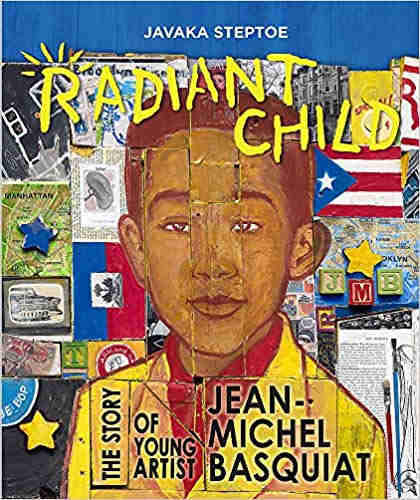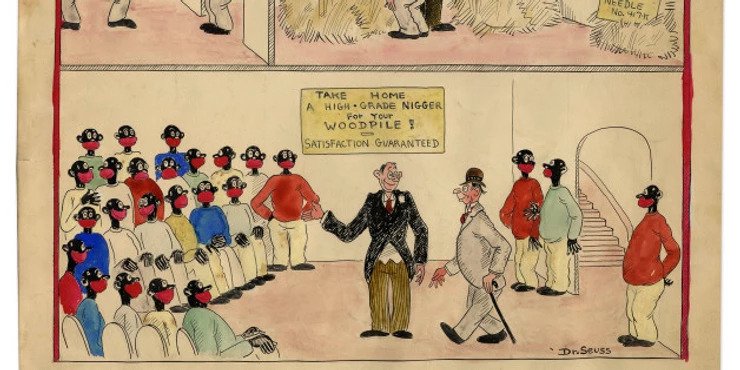The Significance of Emancipation Day
Emancipation Day, observed on August 1st, marks one of the most important moments in world history: the abolition of slavery in the British Empire in 1834. For Black Canadians, this day signifies not just the end of slavery but also the beginning of an ongoing struggle for equality and justice in this country. Despite the official end to slavery, Black Canadians continue to face systemic racism, economic hardships, and social segregation. Emancipation Day, therefore, is a day to reflect on both the progress made and the enduring challenges that remain, over 180 years later.
Celebrating Emancipation Day is not only important but crucial, for several reasons. Firstly, it honours the resilience and accomplishments of Black communities in Canada who, despite immense adversity, built vibrant, thriving communities, invented remarkable things, and fought for their country, created their own industries, institutions, and tirelessly advocated for not only their rights but the right of other marginalized groups. This day serves as a reminder of their contributions to Canadian society and their ongoing fight for equality.
Understanding and commemorating Emancipation Day helps to dismantle the myth of Canada as a utopian safe haven, where crossing an invisible border provided magical resistance to enslavement from the U.S. While Canada did offer relative safety until slavery was also abolished in the U.S. in 1865, it was not free from racial discrimination and oppression. Recognizing this helps to paint a more accurate and complete picture of Canadian history. It also serves as a way to remind us all of the necessity of continuing to dismantle structural racism which is embedded within many Canadian institutions, a holdover from colonization.
Passing this information on to future generations is essential. Education about Emancipation Day fosters awareness and understanding of the historical and ongoing struggles faced by Black Canadians. It empowers young people to acknowledge past injustices and work towards a more equitable future. It also serves to highlight the many contributions Black people made to Canada from the 1600s to modern day, fostering a sense of belonging. Ontario’s Education Minister has mandated the inclusion of Black history beginning in 2025 in Grades 7, 8 and 10, highlighting the lack of our history in schools. Knowledge of our history can inspire a just society, ensuring that the lessons of the past prevent mistakes in our present and future.
Engaging with this history encourages empathy, solidarity, and a shared responsibility to address and rectify systemic inequities. Learning about Black history can be a rich and enlightening experience. Visiting historical societies and museums is a great place to start. However, it is important to challenge museums that do not adequately showcase Black history and advocate for more inclusive representations, particularly national museums that are meant to represent all of Canada. Joining, following, and supporting groups that champion inclusion, such as Canada’s Black Justice Strategy, Parents of Diversity, Black History Ottawa, and the Black Legacy Collective, can provide deeper insights and connections. Speaking with those who are leading the change in these organizations can inspire active participation in promoting justice and equality.
The Canadian House of Commons voted to officially designate August 1, as Emancipation Day in Canada, 186 years after the first Emancipation Day in 1834. Communities recognize that only through advocacy and social justice movements can we hold our governments accountable and ensure that marginalized communities are not only recognized but also that our history is respected and taught widely.
Emancipation Day is more than a historical marker; it is a call to remember, to educate, and to act. By passing this knowledge to future generations and actively seeking to learn more, we ensure that the legacy of resilience and the pursuit of justice continues to shape a more inclusive and just Canadian society for all.
We celebrate freedom so we never forget those who weren’t free. To remember those who fought for freedom and to remember why being free is so important to everyone.
Keisha Cuffie
Author, Curator, Activist
“D is for dazzling/d pour Diamant” & “The Time Keepers/Les Gardiens du Temps”
www.imelanin.ca



